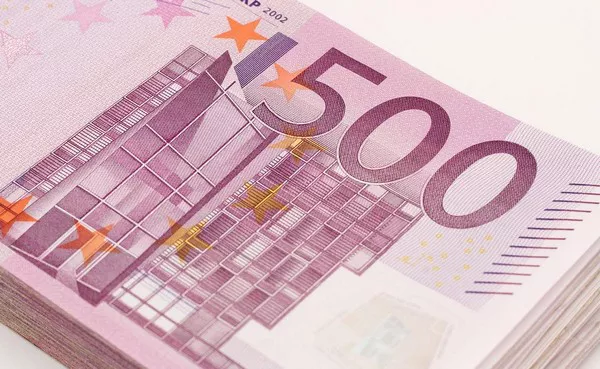In today’s interconnected global economy, currency exchange rates play a pivotal role in international trade, investment, and personal finance. For individuals and businesses alike, knowing the value of their money in different currencies is essential for making informed decisions. In this article, we delve into the process of converting 180,000 euros to pounds, exploring the current exchange rate, conversion calculation methods, factors influencing exchange rates, forecast and trends, financial advice, legal and tax implications, economic indicators, and global market impact.
Current Exchange Rate:
As of the time of writing, the exchange rate between the euro (EUR) and the British pound (GBP) fluctuates daily due to various factors such as economic data releases, geopolitical events, central bank policies, and market sentiment. To accurately determine the value of 180,000 euros in pounds, it’s crucial to refer to real-time exchange rate data from reputable financial sources or currency conversion platforms. At the current rate, let’s proceed to calculate the equivalent amount in pounds.
Conversion Calculation:
To convert 180,000 euros to pounds, we multiply the amount in euros by the exchange rate. Let’s assume the current exchange rate is 0.85 euros per pound:
180,000 euros * 0.85 = 153,000 pounds
Therefore, 180,000 euros is equivalent to approximately 153,000 pounds at the given exchange rate.
Factors Influencing Exchange Rates:
Exchange rates are influenced by a myriad of factors, including:
Interest Rates: Higher interest rates attract foreign capital, strengthening the currency.
Economic Performance: Strong economic indicators, such as GDP growth and low unemployment, typically lead to a stronger currency.
Inflation Rates: Countries with lower inflation rates generally see an appreciation in their currency value.
Political Stability: Political uncertainty can lead to currency depreciation as investors seek safer havens.
Trade Balance: A trade surplus often leads to currency appreciation, while a deficit can lead to depreciation.
Speculation: Market sentiment and speculation can cause short-term fluctuations in exchange rates.
Forecast and Trends:
Forecasting exchange rates with absolute certainty is challenging due to the complexity of global financial markets and the multitude of variables involved. However, economists and analysts use various models and indicators to predict future trends. Factors such as interest rate differentials, economic growth projections, geopolitical developments, and central bank policies are considered in forecasting exchange rate movements. While forecasts provide valuable insights, they are subject to revision based on new information and unexpected events.
Financial Advice:
For individuals or businesses involved in currency transactions, seeking professional financial advice is paramount. Financial advisors can assess specific needs, risk tolerance, and time horizons to develop strategies that mitigate currency risk and optimize returns. Hedging techniques, such as forward contracts, options, and currency swaps, can be employed to manage currency exposure effectively.
Legal and Tax Implications:
Currency conversions may have legal and tax implications depending on the jurisdiction and nature of the transaction. Cross-border transactions, investments, or remittances may be subject to regulatory requirements, such as reporting obligations or restrictions on capital movements. Additionally, gains or losses from currency exchange may be taxable under income tax or capital gains tax laws. Consulting with legal and tax professionals is advisable to ensure compliance with applicable laws and optimize tax efficiency.
Economic Indicators:
Monitoring key economic indicators can provide valuable insights into currency movements. Indicators such as GDP growth, inflation rates, unemployment figures, trade balances, consumer confidence, and central bank policies influence market perceptions of a currency’s strength and stability. Analyzing these indicators helps forecast future exchange rate trends and assess the overall economic health of a country.
Global Market Impact:
Exchange rate movements have far-reaching implications beyond individual currencies. They impact global trade flows, corporate earnings, investment decisions, inflation rates, and economic competitiveness. A significant depreciation in one currency can boost exports but increase import costs, affecting trade balances and corporate profitability. Moreover, exchange rate volatility can create uncertainty, leading to market fluctuations and investor anxiety.
Conclusion:
In conclusion, converting 180,000 euros to pounds involves understanding the current exchange rate, employing conversion calculation methods, considering factors influencing exchange rates, analyzing forecast and trends, seeking financial advice, evaluating legal and tax implications, monitoring economic indicators, and assessing global market impact. Navigating currency markets requires diligence, expertise, and a comprehensive understanding of macroeconomic fundamentals. By staying informed and adopting prudent financial strategies, individuals and businesses can effectively manage currency risk and capitalize on opportunities in the dynamic world of foreign exchange.
Related Topics:


























